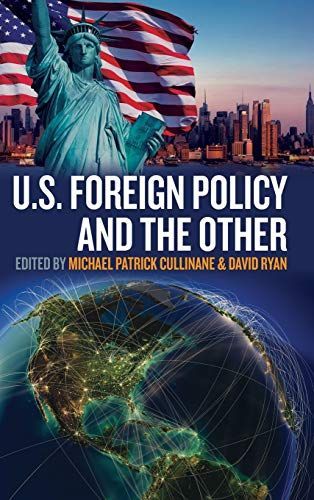
U.S. Foreign Policy and the Other
John Quincy Adams warned Americans not to search abroad for monsters to destroy, yet such figures have frequently habituated the discourses of U.S. foreign policy. This collection of essays focuses on counter-identities in American consciousness to explain how foreign policies and the discourse surrounding them develop. Whether it is the seemingly ubiquitous evil of Hitler during World War II or the more complicated perceptions of communism throughout the Cold War, these essays illuminate the cultural contexts that constructed rival identities. The authors challenge our understanding of “others,” looking at early applications of the concept in the eighteenth century to recent twenty-first century conflicts, establishing how this phenomenon is central to decision making through centuries of conflict.